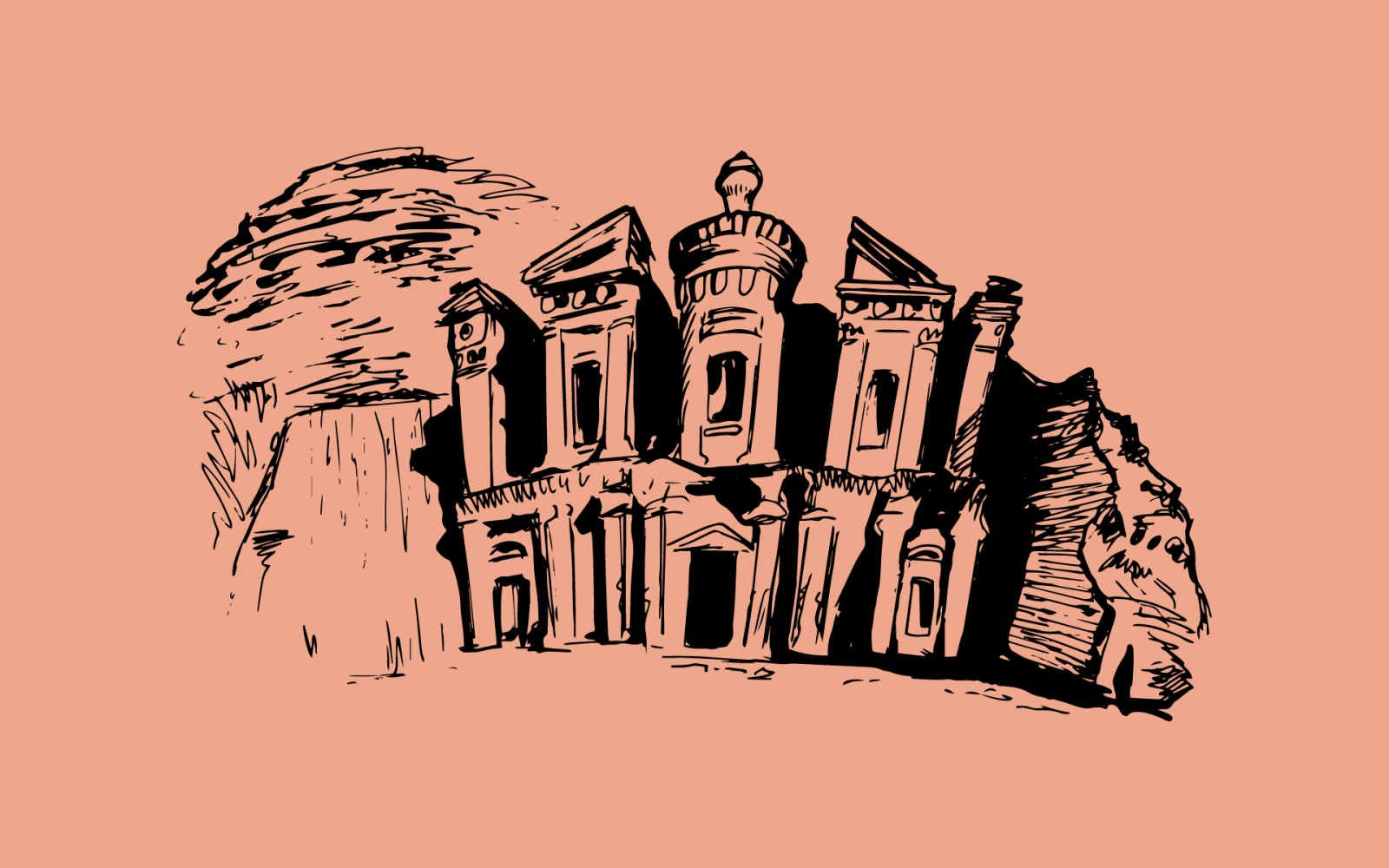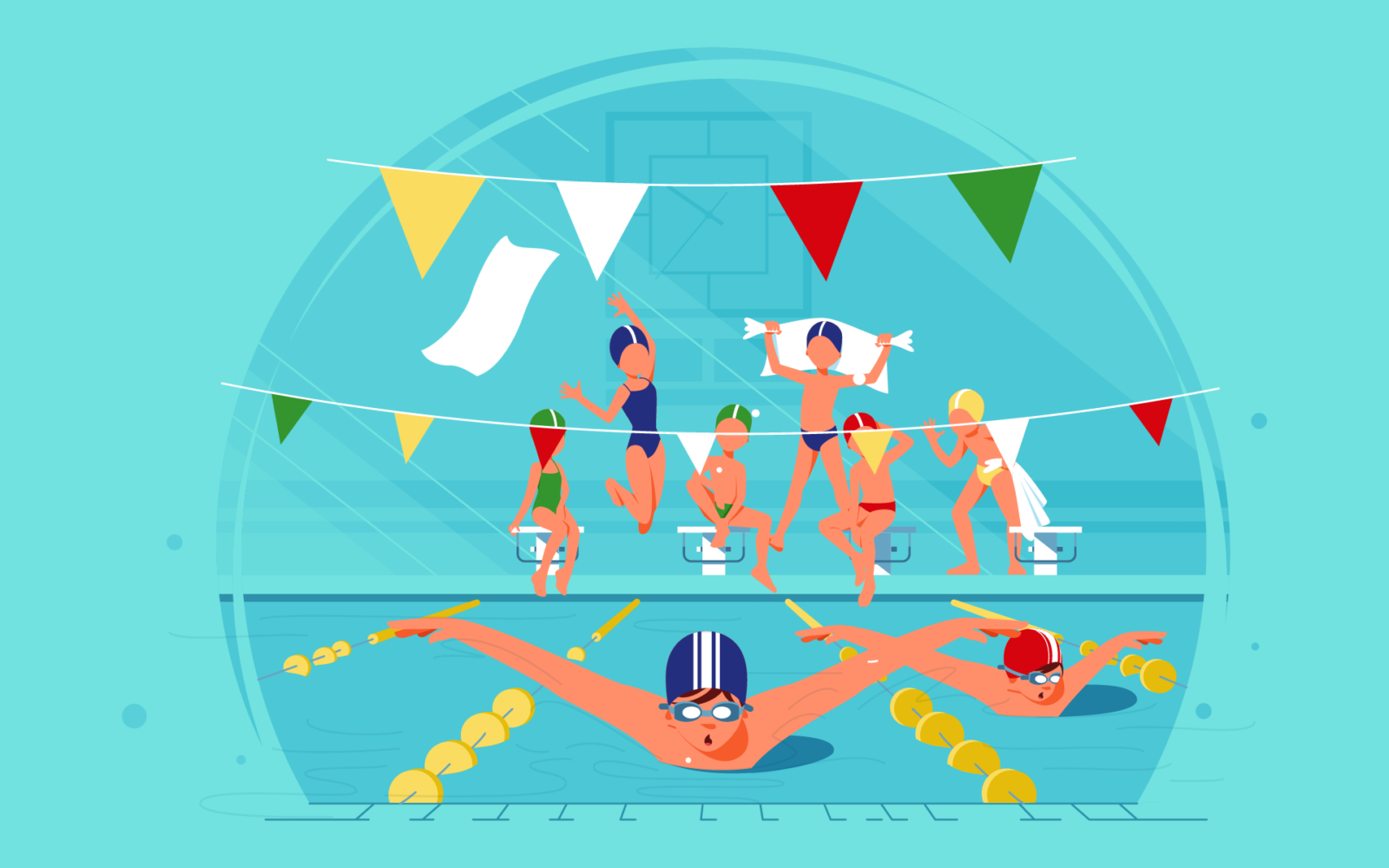The lesson the desert cactus can teach us about reclaiming our joy

It was a sharp and unexpected truth that emerged from a late-night call.
“I’m in despair, my friend. I just can’t do this anymore.”
Melissa, my childhood friend, listens closely on the other side of the line.
She is 13,400 km away, connected via a dodgy WhatsApp line.
“Is this really what life has to offer? Entering our 30s, barely able to scrape together enough for a decent apartment.”
When our parents were this age, I tell Melissa, they were already five kids and two annual holidays in. I mean, pies used to cost R2.50 back then. You can’t even get a decent sausage roll for less than R35 now!
My tirade continues.
“I’m miserable living here. I don’t know anybody here, and everyone assumes I know Afrikaans. Don’t even get me started on Kaizer Chiefs!”
This conversation took place during one of my darkest hours. I had left my childhood home to live in a quiet, alienated suburb of Pretoria, to take on a new job role I felt wholly unprepared for.
The worry and social isolation – all my friends, family, and interests were back in Joburg – weighed heavy on my heart.
I have always been the guy who had it “all figured out”.
The strong friend you go to for advice when it feels like life is kicking you in the backside.
The boyfriend that never forgets a birthday or anniversary.
The uncle who shares wisdom with his nieces and nephews.
The devoted son who visits his parents every week, not just on public holidays.
A real flosses-every-day-and-pays-his-taxes-on-time kind of guy.
I grit my teeth and do what needs to be done, for myself and for those who depend on me.
But lately, I just wasn’t feeling it. The occasional gripe about life’s responsibilities became the weekly grumble.
The weekly grumble became the hourly complaint. The hourly complaint became the lens through which I saw the whole world.
Life felt horrible, inside and out.
For the first time, it was me reaching out for help.
“Let me tell you about cactuses, my friend,” Melissa said.
“We learned about how they evolved during first year Geography. In the hot American deserts, where cactuses come from, water is a scarce resource. To survive, they didn’t form leaves like tropical plants. Instead, they developed ridged spines.”
Her professor would always correct you if you called them “thorns” and not “spines”.
These spines ward off hungry herbivores and collect moisture from dew and fog, directing rainwater towards the roots.
They also developed thick, fleshy stems. Some are so big that if you hugged your arms around them at their thickest part, your hands wouldn’t even touch on the other side.
They are biological machines, made to survive the unsurvivable.
Melissa pauses for a couple of seconds.
“But sometimes during extreme droughts,” she continues, “the stems become really hard. Too hard. They start to shrivel and wrinkle, and eventually dry out completely.”
What does this have to do with my current breakdown, I wonder.
“We all need to be cactuses to survive these days. Life is tough. You have to have tough leathery skin, so that you can withstand the challenges that life throws your way. You need a thick stem, your core values and beliefs, to keep you anchored, and to carry you through the dry seasons. So that the world’s negativity doesn’t dry you out. You need spines, the prickly humour that makes the difficulties easier, redirecting positivity into your roots.”
“So I’m not wrong to be a little down?”
“You can’t help but be weary. It’s in the air around us. But the same shell that keeps you strong can become too hardened. Shrivelled, wrinkled and dried out. That’s what makes you not ask for help when you really need it, or stop believing you deserve help altogether. It’s the pessimism that saps the light from the world. And when it shows up, dry, crinkled, and familiar, you have a choice to make. Be brave and choose hopefulness.”
“So, my friend, are you calling me a dried-up old cactus?”
Melissa laughs.
“Just a little bit. But it’s good that you reached out. Even cactuses need to be watered sometimes, and they don’t feel bad about it. Now go out and soak in something that brings you joy.”




